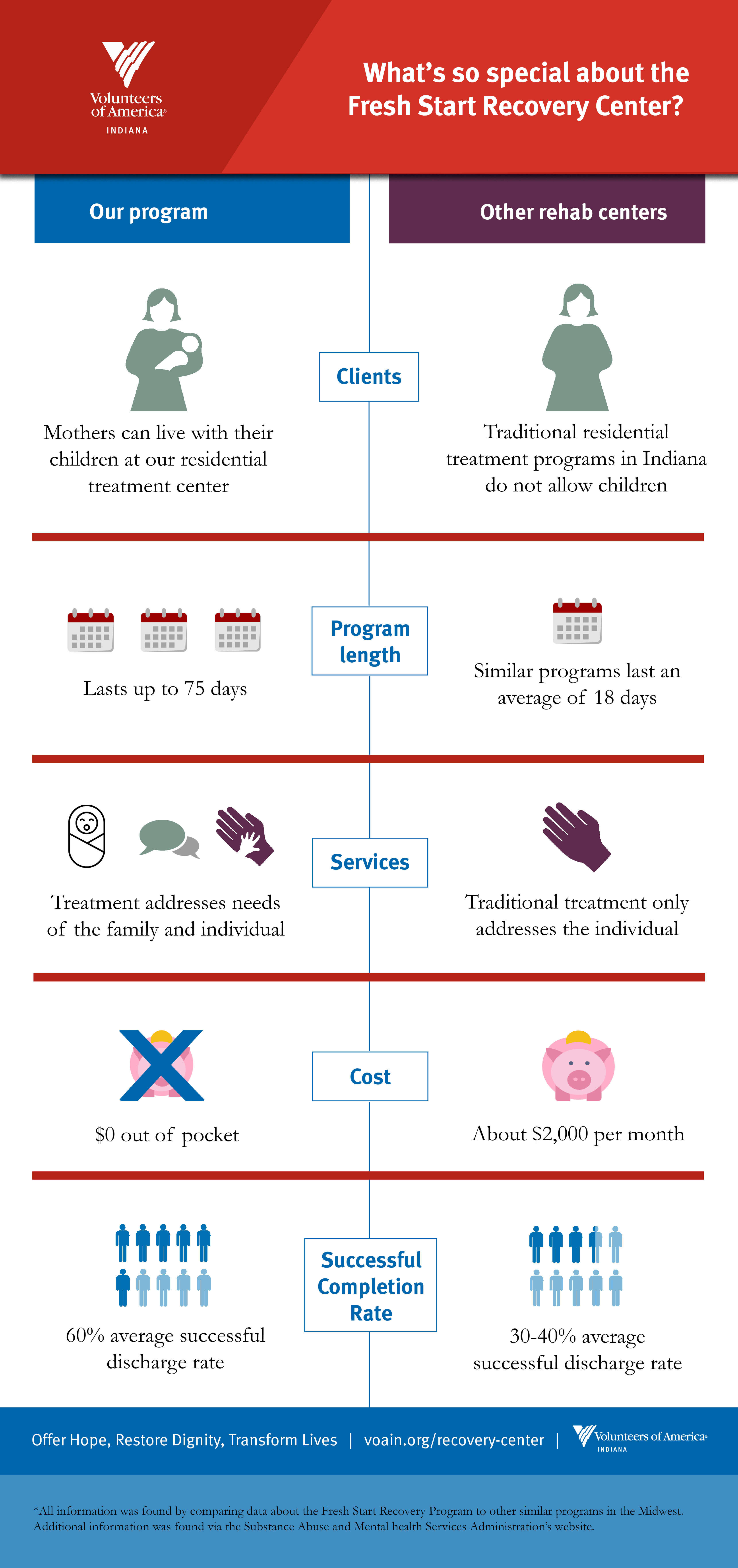Dealing With Triggers And Cravings After Drug Rehabilitation
Dealing With Triggers And Cravings After Drug Rehabilitation
Blog Article
Developed By-Bojesen Holder
You've completed Drug rehab and taken a considerable action in the direction of a much healthier lifestyle. try this website , dealing with triggers and yearnings post-rehab can be a tough trip. Exactly how do you browse with these moments without compromising your progress? Recognizing the approaches to deal with triggers and food cravings is essential in keeping your sobriety. Let's check out efficient means to take care of these challenges and guard your newly found commitment to living a drug-free life.
Identifying Triggers and Cravings
To efficiently manage your triggers and yearnings, start by recognizing the scenarios or feelings that bring about your desire to utilize. Take a moment to reflect on what situations or sensations prompt your yearnings. Is it stress, boredom, social situations, or particular areas? By determining these triggers, you can better prepare yourself to handle them.
Triggers can be both internal, such as adverse emotions or physical pain, and exterior, like being around individuals who use substances or going to a specific location.
Focus on patterns in your desires-- are they more regular at particular times of the day or in feedback to specific events?
Structure Healthy Coping Approaches
Determining your triggers and cravings is the initial step in the direction of structure healthy coping strategies to handle them effectively. When you're aware of what situations, emotions, or individuals activate your food cravings, you can begin creating a plan to address them.
One reliable technique is to replace adverse behaviors with favorable ones. For example, if stress and anxiety triggers food cravings, practicing leisure strategies such as deep breathing or reflection can assist. Participating in exercises such as exercise or going for a walk can also be a terrific means to cope with food cravings.
Another key aspect of building healthy coping strategies is to develop a helpful environment. Border yourself with people that recognize your trip and can offer encouragement and responsibility. It is essential to develop boundaries with individuals who may not sustain your recuperation.
In addition, establishing a regimen that includes healthy habits like normal workout, appropriate nutrition, and adequate rest can assist you stay on track and reduce the likelihood of experiencing triggers and cravings.
Looking For Support and Accountability
Producing a network of encouraging people who can give support and hold you liable is critical in managing triggers and cravings properly. Choose buddies, family members, or a support group that recognize your journey and can offer advice when you deal with difficult circumstances.
Having a person to speak to throughout minutes of temptation can make a significant distinction in staying on track with your recovery. Responsibility partners can help you remain concentrated on your objectives and advise you of the reasons that you selected to seek assistance in the first place.
They can also assist in developing a structured plan to cope with triggers and desires, such as establishing different tasks or coping devices to replace need to make use of medications. Normal check-ins with your support system can supply reassurance and motivation, helping you feel much less separated in your recuperation trip.
Conclusion
Bear in mind, recognizing and coping with triggers and food cravings after Drug rehabilitation is a key part of preserving soberness.
By recognizing your triggers, building healthy and balanced coping approaches, and seeking assistance from liked ones or support groups, you can navigate via challenging minutes and remain concentrated on your sobriety objectives.
Keep in mind, you aren't alone in this trip, and with the right devices and assistance, you can get over temptations and live a satisfying, drug-free life.
Keep strong and keep progressing.
